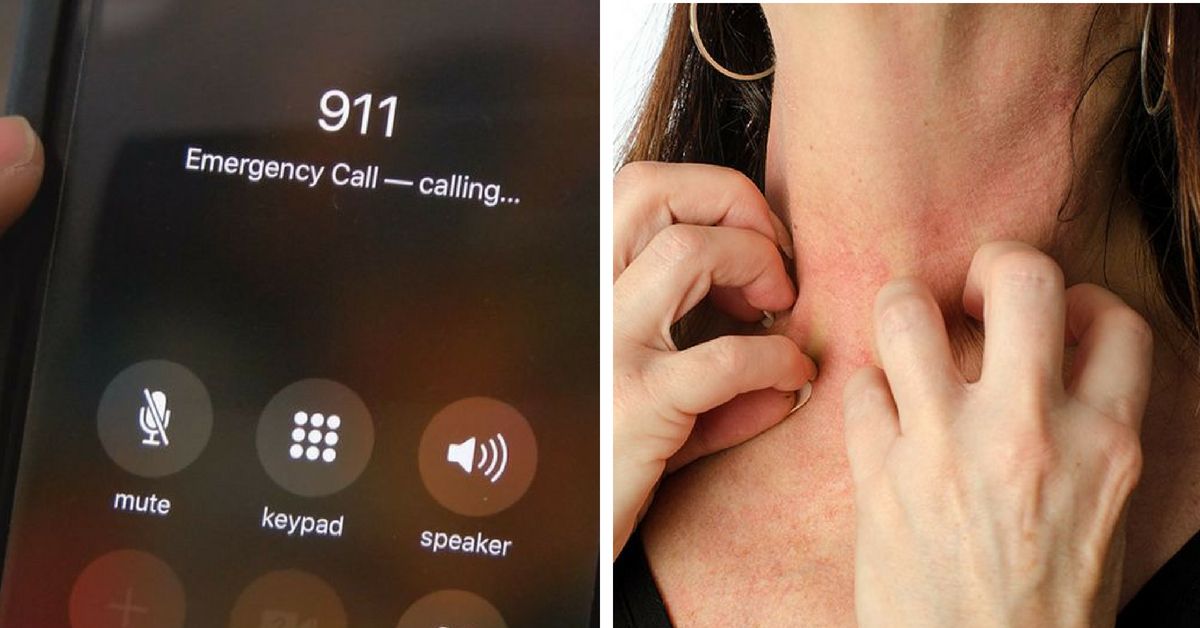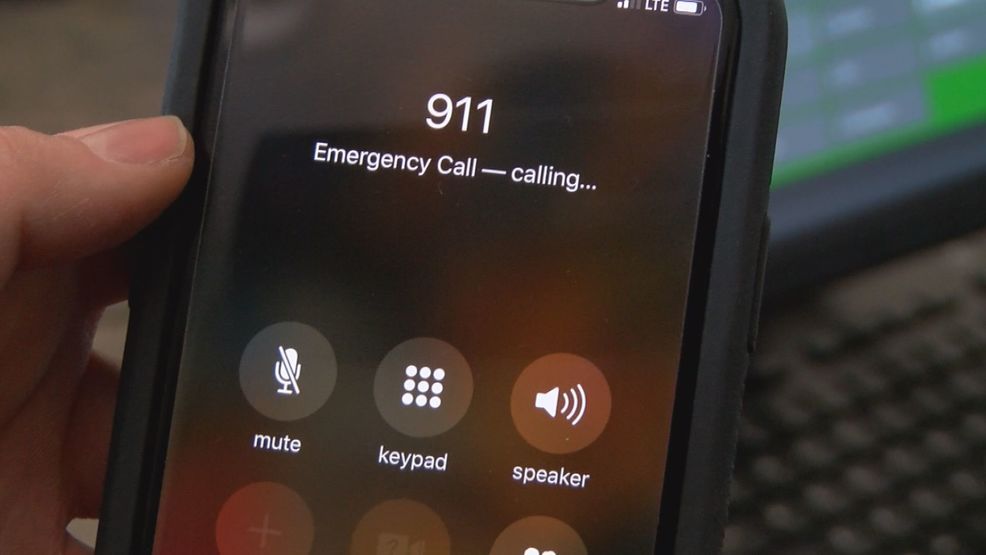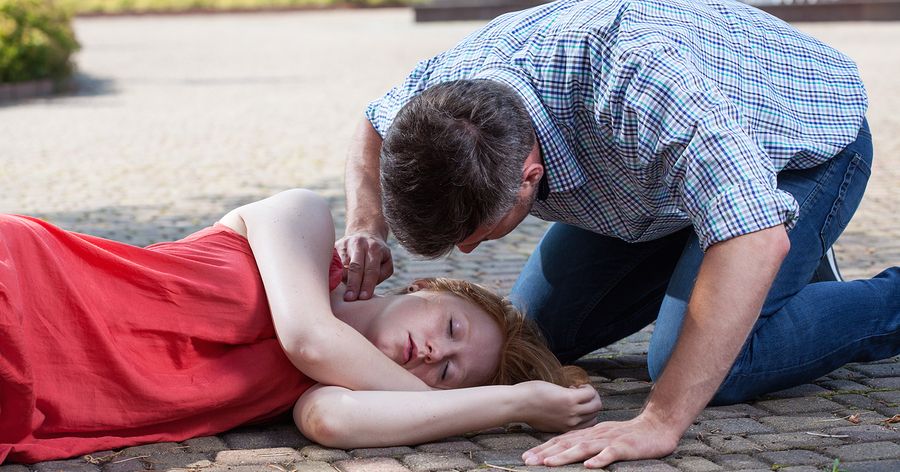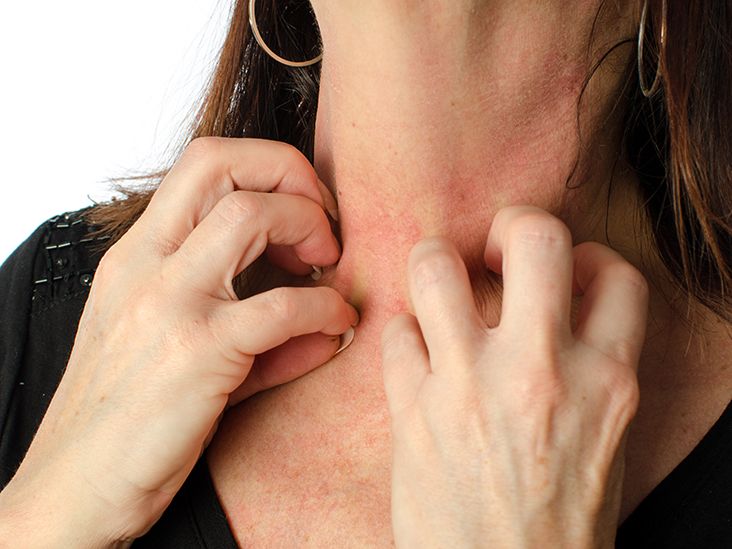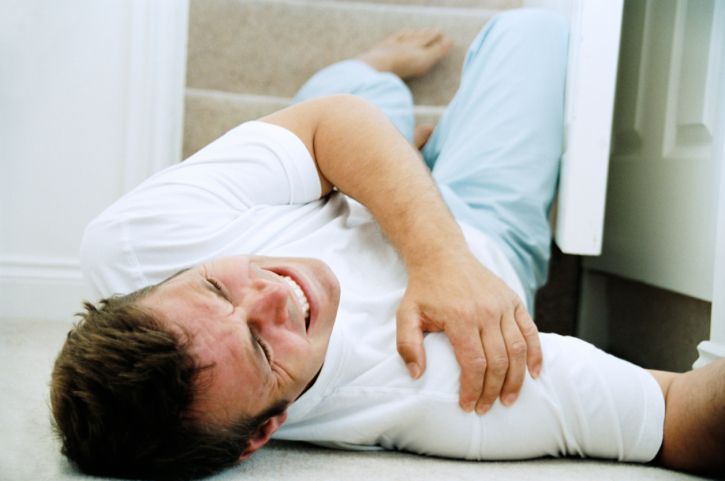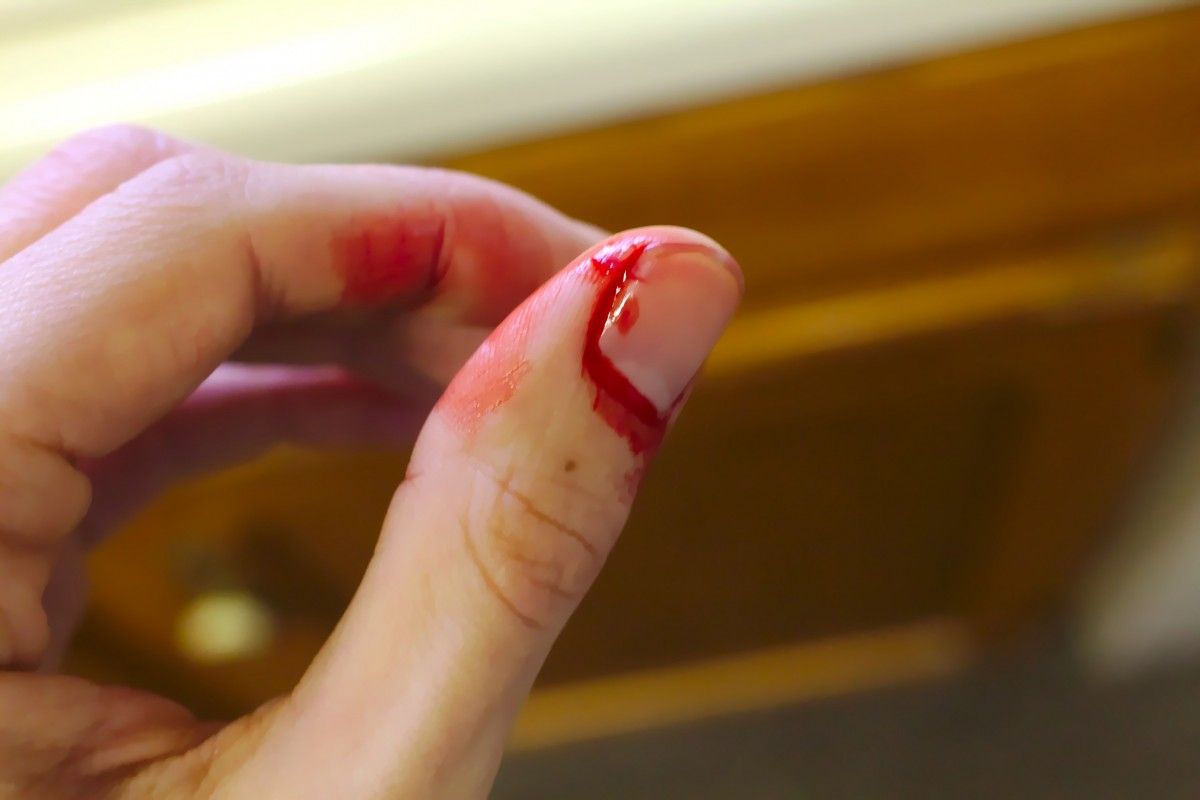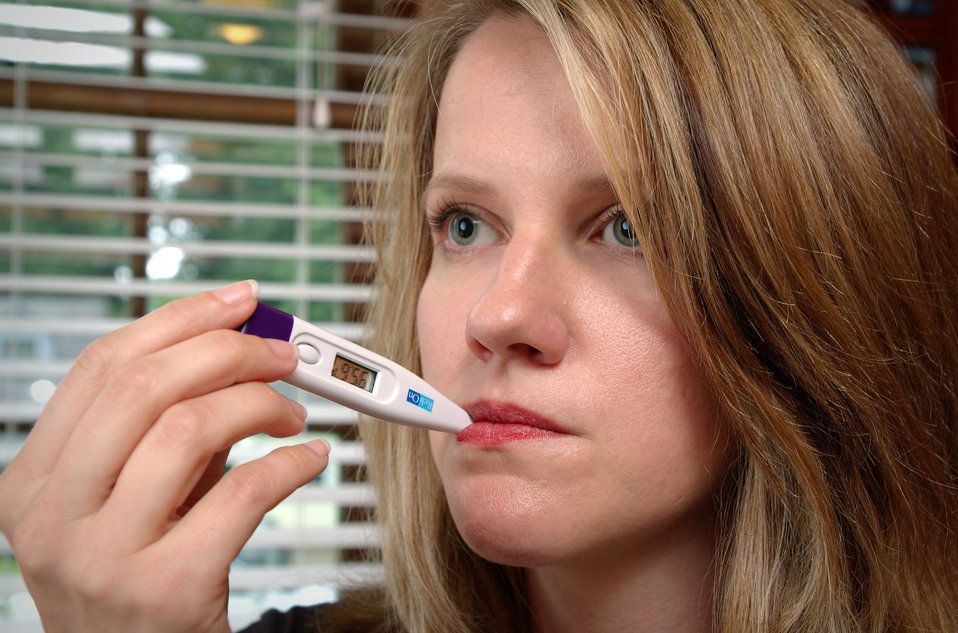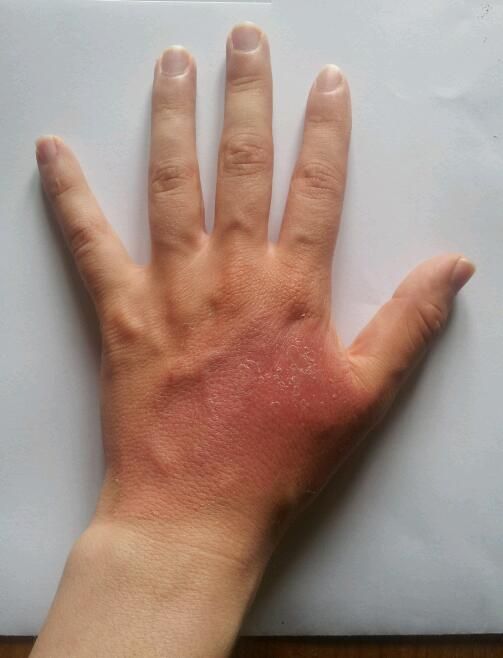Ever since we were young, we're taught to dial 911 in the case of an emergency.
We usually use our best judgement when deciding if a situation is serious enough to require us to call the emergency crews, but sometimes things get confusing.
In fact, fourteen to 20 percent of the 240 million 911 calls in the United States are non-emergencies.
If you've ever found yourself wondering whether or not a situation is worth calling paramedics and police over, then read on.
You should call 911 if:
You're alone during an emergency
If you find yourself alone and unable to drive to a hospital during an emergency, you shouldn't hesitate to call 911.
Your condition could worsen if you wait too long and you may no longer be able to make the call that could save your life.
Dr. Sachin Shah advises against driving yourself "if you have having severe chest pain or severe bleeding, if you think you might faint or if your vision is impaired."
He also reminds people that "for certain medical emergencies, such as a heart attack or stroke, taking an ambulance is safer because paramedics can deliver life-saving care on the way to the hospital."
Someone is unresponsive
If a loved one or a stranger is passed out or awake but unresponsive, you should definitely call 911 for help.
During the call, the operator may be able to walk you through you life-saving first aid procedures, like CPR, while you wait for the paramedics to arrive. The trained first responders will then be able to try and stabilize the patient on the way to the emergency room.
You or another person is experiencing breathing problems
Unless you live with a condition like asthma, experiencing breathing problems is almost always a sign of a serious issue.
It's best to dial 911 if you're experiencing shortness of breath, severe wheezing, unable to take deep breaths, or have stridor (when your breathing is accompanied with a high-pitched sound).
In many cases, the paramedics may be able to administer medication and provide the care that's needed to keep you stable until a doctor examines you.
You or another person is having a severe allergic reaction
Allergy reactions are unpredictable and can go from from mild to severe in a short amount of time.
Anaphylactic reactions to food, insect bites, or medication, which is usually characterized by symptoms like difficulty breathing, itchiness, throat tightness and swelling, pain, nausea, and change in skin color, can be fatal very quickly, so it's crucial to call 911.
The only effective treatment for anaphylaxis is the drug epinephrine, which is available by prescription in auto-injector form, such as Epipen. If you don't have one on hand, emergency responders will be able to to administer the drug to the patient.
There's a fire
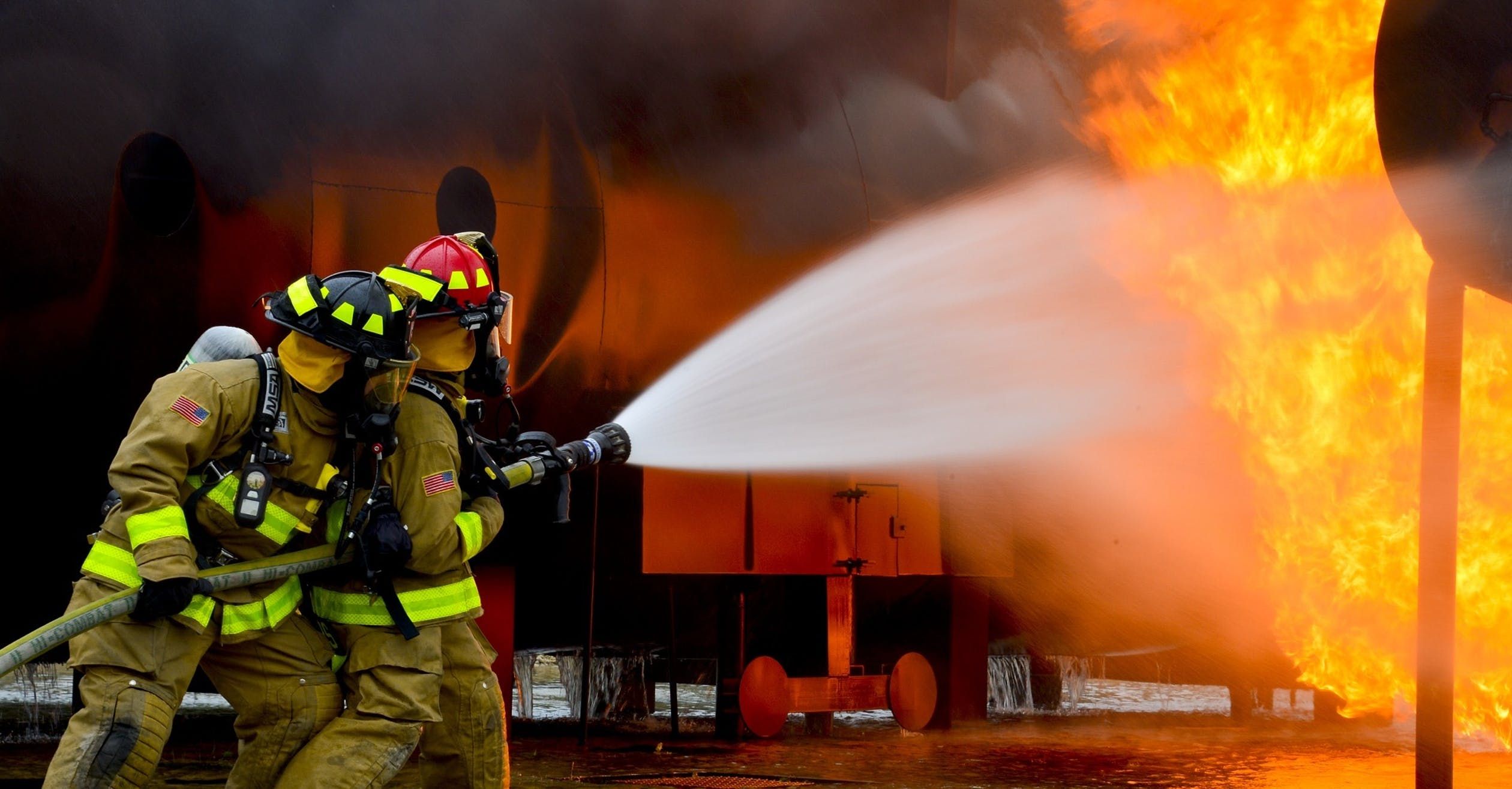
It doesn't matter how small a fire is, it can spread very easily in a short amount of time, damaging your possessions and putting your life in danger.
Even if you think you can put the flames out yourself, you should always treat a fire as an emergency situation that requires a call for help.
It's also important to note that smoke inhalation is the leading cause of death (around 75%) for victims of fire, so it's important to get immediate medical attention and the emergency responders can help with that.
Someone is trying to break into your home or car
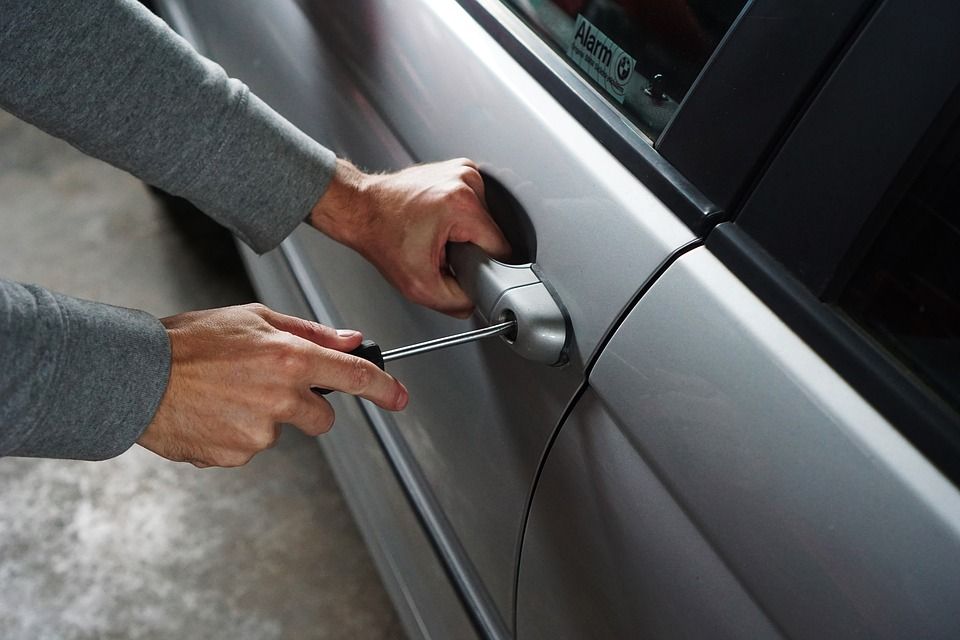
You can put yourself in serious danger by attempting to stop a burglar from entering your home.
The thief could be armed and dangerous, so it's best to call 911 and let the trained authorities handle the situation.
However, if someone has already broken into your house or vehicle while you weren't around, there's no need to call 911 for reasons mentioned later in this article.
You suspect a driver is intoxicated
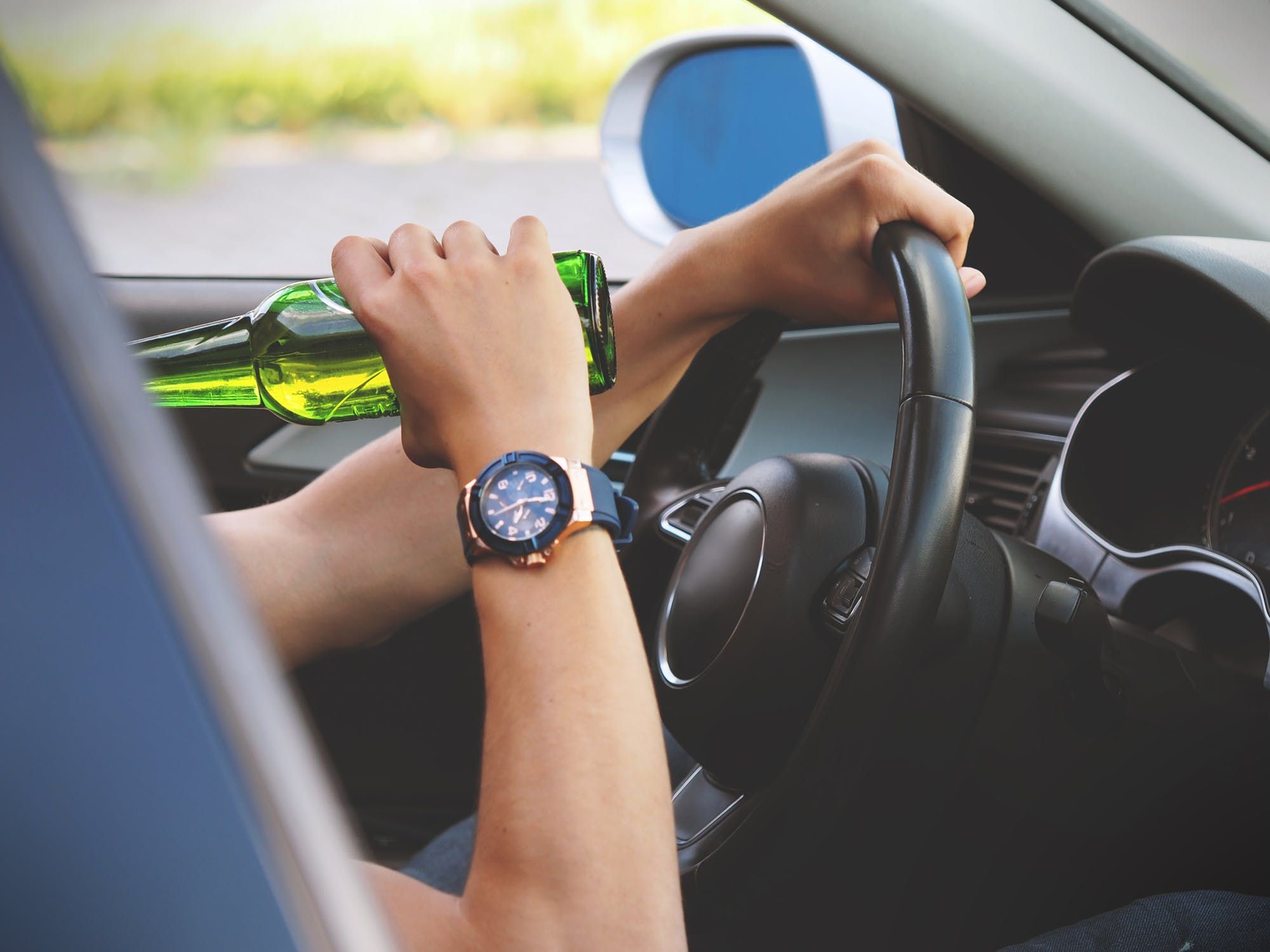
Driving under the influence is a very serious crime that's punishable by jail time. What's worse is that the person behind the wheel isn't the only one whose life is at risk, innocent people die at the hands of drunk drivers often.
Sadly, impaired drivers are under-reported. You can do your part in keeping the roads safer by immediately calling 911 if you ever encounter a drunk driver.
Just be prepared to answer some basic questions when you make the call. Winnipeg-based Criminal defense lawyer Joshua Rogala says: "The police will ask you details about the driver, the vehicle, and where the vehicle is headed."
You or another person sustains injuries from a fall
It's very common to see a person move someone who has fallen and sustained injuries. This can actually do more harm than good, especially if they have injured their head, spine, or organ.
Call 911 immediately and the emergency responders will carefully move the patient in a way that would prevent movement until doctors are able to determine the nature of the injuries.
Do should not call 911 if:
You or someone gets a minor cut
A small cut is no reason no call 911. You can do your own first aid by cleaning the affected area with running water and applying an antibiotic ointment like Polysporin (if not allergic) before covering it up with bandages.
If it's a deep laceration, make your way to the doctor's office or emergency room as it may require stitches.
However, you can make an exception and call 911 for larger cuts that won't stop bleeding.
You think you have food poisoning
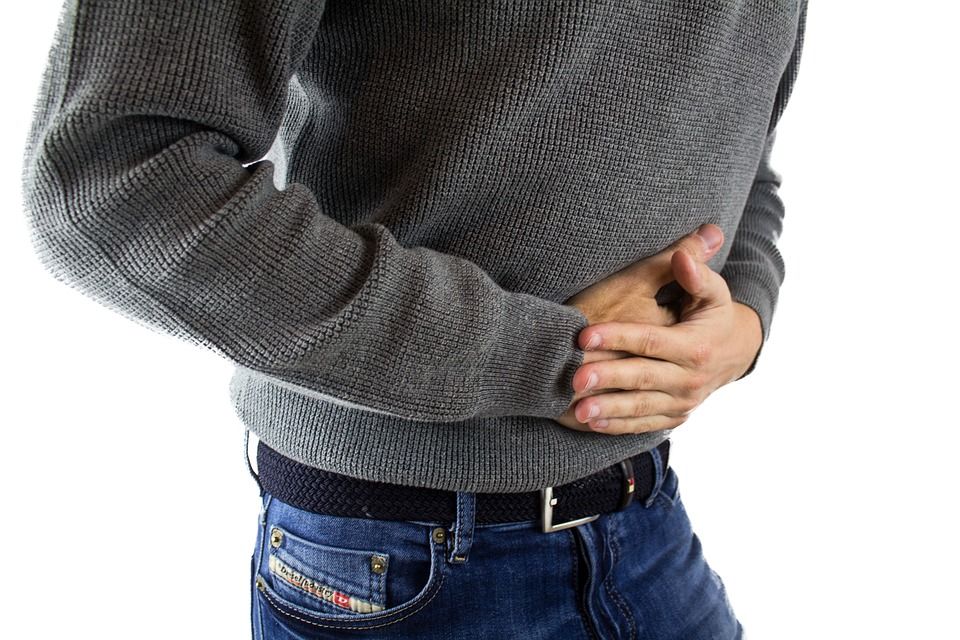
Food poisoning can bring about some nasty symptoms, like nausea, cramps, diarrhea and vomiting, all of which leave you feeling like you need a trip to the emergency room.
It's important to get proper treatment sooner than later, but you don't really need to call 911. Try your doctor's office first, and if that's to no avail, you can dial your local police department's non-emergency number.
A dispatcher will still be able to assist you and send paramedics out to you without blocking the 911 line.
You or your loved one has a fever
Fever is a common symptom for many illnesses, and it can be scary when it manages to go higher than 100°F. Still, it shouldn't be considered an emergency worthy of calling 911.
If the fever continues to remain high for hours, try managing it with some acetaminophen or ibuprofen, and place a cool, damp cloth on the forehead. If it persists, then it's time to call the doctor's office.
For a child aged under three months old with a fever over 100.5 °F, you should take them to see a doctor immediately. If the temperature is higher than 104°F, Seattle Children's Hospital urges parents to bring their children to the ER.
If a feverish person has additional symptoms, like a stiff neck, seizure, or lethargy, then 911 should be called.
You had a car accident and there are no injuries
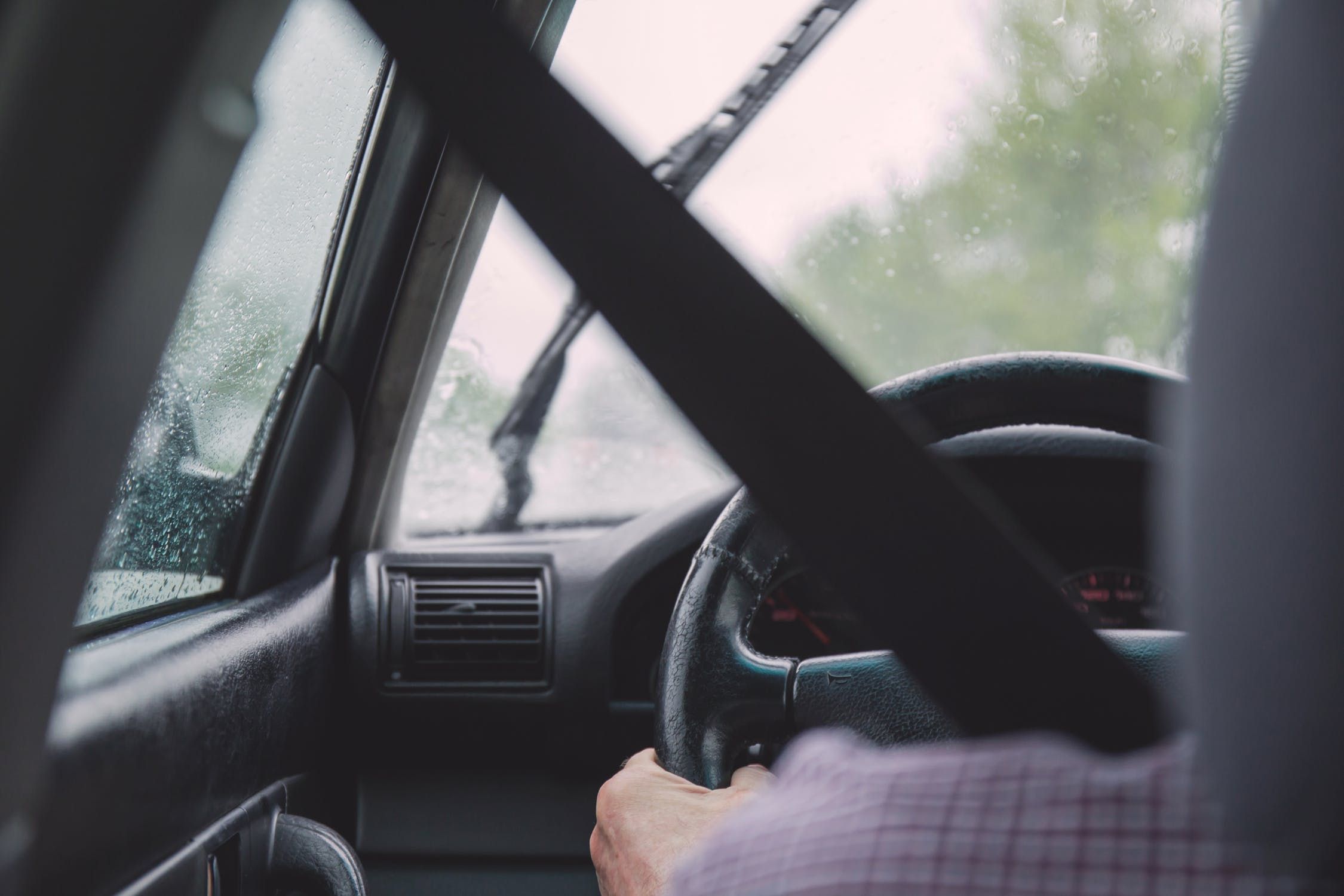
For fender benders, calling your police department's non-emergency line is sufficient.
However, if the event of a collision where one or more of the vehicles are seriously damaged, someone is injured, or you suspect a driver is intoxicated, you should definitely call 911.
After a petty crime has already occurred
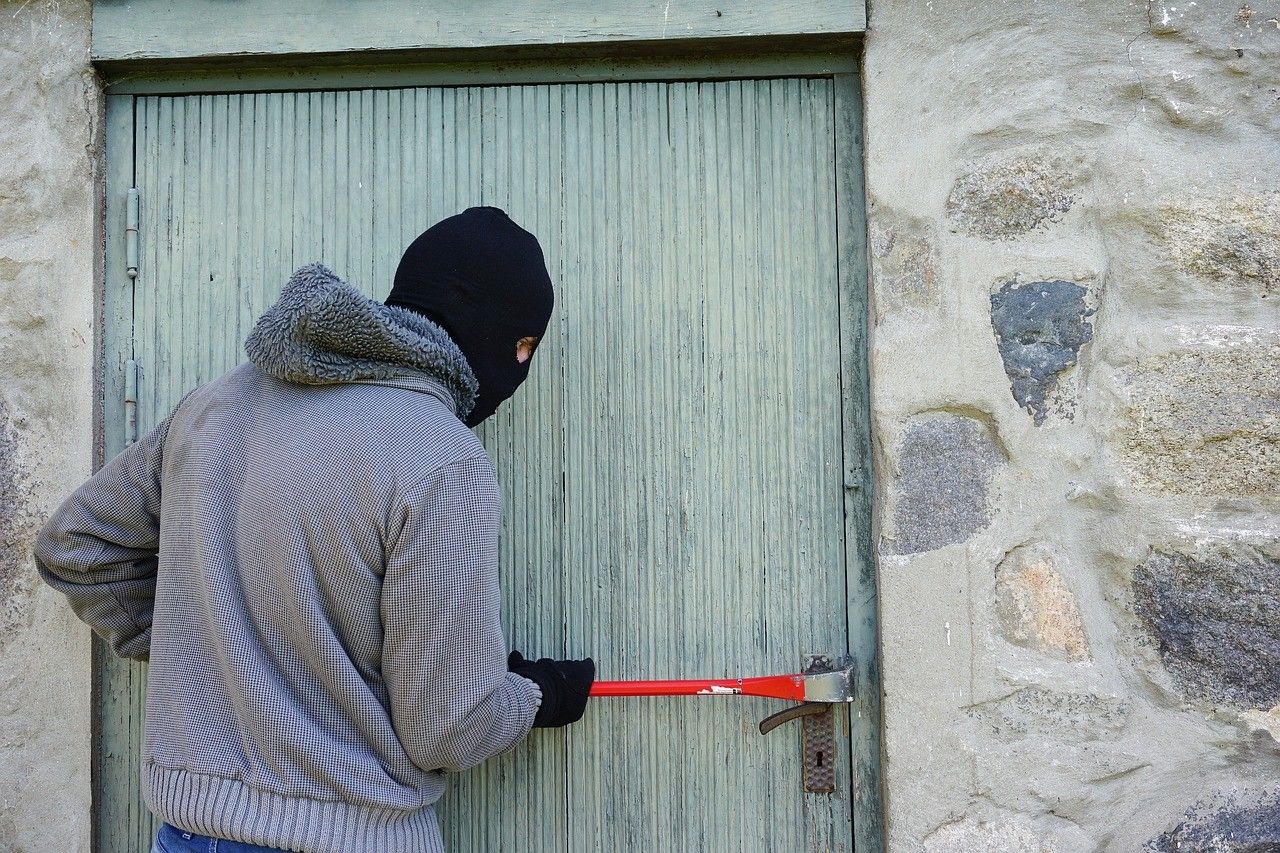
As mentioned earlier, you don't necessarily need to call 911 after a crime, like breaking and entering, vandalism, or theft, has already occurred and you aren't in immediate danger. Save the call for more serious crimes like assault, robbery or murder.
For petty crimes that have already taken place while you weren't around, you can report it through the non-emergency line and an officer will be dispatched to you.
You're convinced you have a concussion
If you've hit your head at high speed during a seizure, car accident, or long fall, and bleeding or loss of consciousness occurs, 911 should be called.
But minor bumps, even if you suspect a concussion, don't require 911 to intervene. You can visit your doctor's office, an after-hours clinic, or simply monitor it closely at home.
If you experience an ongoing headache, nausea, slurred speech, or begin to vomit, you should seek medical attention right away.
You or another person got minor burns
Burns hurt a lot, but if it's just a minor injury while you're cooking, then you don't have to call 911.
You can safely treat a burn at home by immediately putting the area under cool (not cold) running water for at least 10 to 20 minutes.
However, if you notice that the burn covers an area larger than the palm of your hand, and the skin appears leathery, charred, or have brown and white patches, you're most likely dealing with a severe injury that needs immediate professional care.
You want to complain about a loud noises
Loud noises are extremely annoying especially when you're trying to sleep.
Sometimes just going over to your neighbor's house to get them to lower the volume doesn't cut it, so many people end up calling the cops.
If you find yourself in this situation, don't dial 911. You can direct your complaint to your local police station and they'll handle it.
Some places have 24-hour noise complaint lines that will make sure the loud noise will no longer interfere with your slumber.
Bonus tips:
- If you end up having to call 911, just make sure you know the location where the emergency is taking place because the first question dispatchers ask is "Where is your emergency?"
- If you're unsure about where you're situated, look for landmarks that can help the dispatcher pinpoint your exact location.
- Don't hang up! It's very important that you answer all the questions the dispatcher asks to the best of your ability. It may seem like a million questions when you're in a middle of an emergency, but it helps them figure out what kind of help (special equipment, extra police officers, etc) you'll need when the paramedics get to the scene.
- Always follow the instructions you're given by the dispatcher. They're trained to help you stay as safe as possible and even walk you through first aid, like CPR, if needed.
